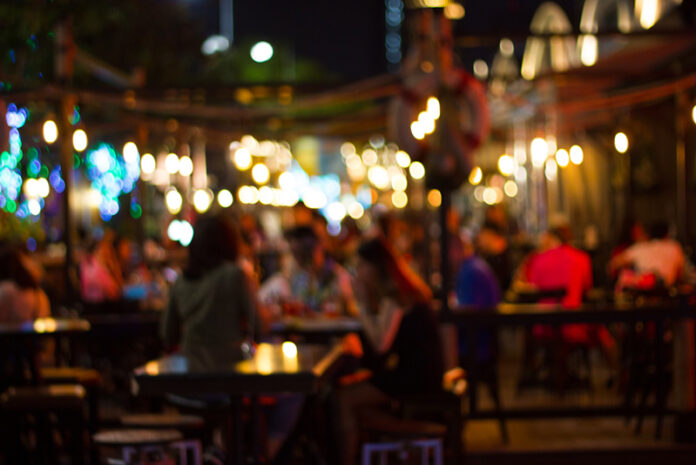Thailand's economic outlook is the worst in Asia. The government is blaming COVID-19 and the measures is has had to take to avoid a so-called disaster.
But the truth is that Thailand's government had already managed its economy into the toilet before COVID came along and gave them an excuse.
And the measures it has taken to manage a virus have created the disaster, not avoided one.
And now its gross domestic product is forecast to contract 8.1% this year, according to the Bank of Thailand.
That's worse than official forecasts for any of the main economies across Asia, and would be Thailand's biggest GDP decline ever, surpassing even its plunge during the Asian financial crisis two decades ago.
This is mainly because Thailand has large exposure as a tourism hub, which is close to 15% of GDP. Running that income down to ZERO in response to a flu virus can be considered as irresponsible.
Thailand also has large exposure of the export sector, which is another major blow to the GDP numbers.
Analysts surveyed by Bloomberg predict Thailand's economy will contract more than others in Southeast Asia, at 6%, and with a weaker rebound in 2021 of 4%.
And this is why;
The state of emergency, nighttime curfew and business closings imposed across the country to fight the virus have destroyed private consumption and investment, which were already on a downtrend in 2019.
Purchases are expected to pick up as the lockdown restrictions are lifted and as government stimulus measures filter through to the economy, but investors could be slow to return given the gloomy prospects.
Especially as they understand that government stimulus measures will have to be funded by the tax-payer somewhere down the line, even if the Thais themselves don't yet recognise that.
Thailand recorded no foreign tourist arrivals or receipts for a third straight month in June as their virus panic forced border closings.
Annual tourist arrivals are forecast to drop to 4 million, around 10% of last year's total.
Despite plans for travel bubbles with select countries, Thai authorities are proceeding to open the country far too slowly.
Efforts to encourage domestic tourism won't go anywhere near recovering the tremendous losses to this critical industry, which last year made up about one-fifth of Thailand's economy.
They claim exports have held up relatively well this year, contracting for only two of the first five months of 2020.
As it turns out, distortions in one commodity have helped cushion the overall blow. Rising gold prices during the outbreak have led local investors to sell gold, boosting total exports.
Excluding gold, total shipments have been hit hard by weak global demand and supply-chain disruptions. (continued below)
Baht Troubles
The Thai baht has gained almost 6% against the U.S. dollar in the past three months, the second-best performer in Asia tracked by Bloomberg.
Despite the Bank of Thailand's three interest-rate cuts this year, which have brought the benchmark rate to a record low of 0.5%, they claim their success in containing the pandemic has kept the currency strong.
But that doesn't help the aforementioned export and tourism industries at all. A strong baht only harms them further
The central bank has showed concern about the baht's strength, which hampers exports and will complicate the economic recovery.
Officials have warned they're considering additional steps to tame the currency if needed.
Which may well be something they should be getting on with sooner rather than later. – Winston Smith – Political Correspondent
















